On the last day of the Eid holiday we went out to Imti, a small town in al-Batinah province. The census data I can find says Imti had a population of 72 in 2010, but it has to be more that that. My friends pointed out the houses of people they were related to - quite a few. We walked around the house and their uncle showed us his fruit trees - banana,
papaya, lemon, some citrus and a Malaysian fruit I couldn't find a name for
in English, the famous Khalas date palm with dates spread out drying in
the sun. There were pigeons in a cage, and a honeycomb swarming with bees in the Malaysian fruit tree. We sat inside and visited, and ate way too much fruit and meat and rice. These friends always
give me a separate plate and a spoon and eat together from the main platter with
their fingers - it's kind, but I'm not sure why they do it.
We had a brief nap and my friends woke me up - they
were going to Jebel al-Akhdar (the Green Mountain), did I want to come.
So seven adults squeezed into a small SUV meant to seat four (a few people sat on the floor between the back seat and the hatch) and set off up the mountain. My friend's uncle was driving way too fast and passing on the oncoming lane on
switchback turns where you couldn't see if anyone was coming. People kept telling me about terrible accidents that had happened on that road and I spent the whole trip clutching my purse
and praying and peering over the driver's shoulder. Then we went to the
Jebel Akhdar Hospital, which was small and nearly empty (there were six patients listed on the whiteboard at the nursing station) to visit the uncle's
granddaughter who had been in hospital for three days with a respiratory
infection. I always feel awkward visiting people I don't know when
they're sick, but they didn't seem to mind strangers standing around.
 |
| Solanum spp. (devil's apple or apple of Sodom) growing in the hospital parking lot. It looks a lot like a tomato and it's related to the tomato, but it's quite poisonous. |
 |
| There were also datura spp. growing in the parking lot. Also poisonous. |
A boy saw me taking pictures of the pomegranates and tossed me two and wouldn't let me pay him. I walked down the stairs in the wadi a ways and took some pictures of the old village, but there wasn't time to go all the way down into the wadi and then back the other side to the village. I would have liked to see the houses up close, but the path would have been too steep and long for me to make it anyhow.
 |
| Jebel Akhdar was cold and had trees, just like people said it did, although they were scrubby little ones. I didn't get a close enough look at the trees to know what they were. |
We were planning to drive back then, but an aunt of the girl who was
in hospital phoned my friend's uncle and insisted we visit, so we went to see her. The yards in her neighbourhood were crowded with pomegranate trees laden with huge fruit, I had never seen so many.
We ate tons of fresh pomegranates and oranges and coffee, everyone sharing three cups and rinsing them in the fingerbowl between turns. By that time it was nearly seven pm and everyone had to work tomorrow, but the lady wanted us to stay for dinner. She made Eid kabobs, and flatbread with potato curry and hummus and cheese and olives. I felt awkward not doing anything because she had about eight small children to look after, and she'd gone to a lot of work to make that much food, but she was glad to have guests. We passed the smallest baby around to keep her entertained, and she was so cute. The girl who was in hospital's father signed her out of hospital that night against doctor's orders, so her aunt would have less kids to take care of at least, because she had been taking care of her sister's kids while her sister stayed with her daughter who was in hospital.
 |
| I think I took this at their uncle's house in Imti. The pomegranates in Jebel Akhdar were larger and rosier. |
We ate tons of fresh pomegranates and oranges and coffee, everyone sharing three cups and rinsing them in the fingerbowl between turns. By that time it was nearly seven pm and everyone had to work tomorrow, but the lady wanted us to stay for dinner. She made Eid kabobs, and flatbread with potato curry and hummus and cheese and olives. I felt awkward not doing anything because she had about eight small children to look after, and she'd gone to a lot of work to make that much food, but she was glad to have guests. We passed the smallest baby around to keep her entertained, and she was so cute. The girl who was in hospital's father signed her out of hospital that night against doctor's orders, so her aunt would have less kids to take care of at least, because she had been taking care of her sister's kids while her sister stayed with her daughter who was in hospital.
When we got back to Imti, the men were just being served supper, and we had more coffee and fruit and talk while we waited for them. And then the long drive back to Muscat, where my room was hot and stuffy and empty and I lay awake for a long time.
I didn't get much sleep, but I did have a nap on my office floor this morning. I wore men's one-riyal crocs to work - I only realised I was still wearing them when I got in, oops. But the boss isn't in today, but I come in early and leave late and we spend all day in the office with the door locked, so hardly anyone will notice.




.jpg/800px-Nakhal_Fort_(2).jpg)















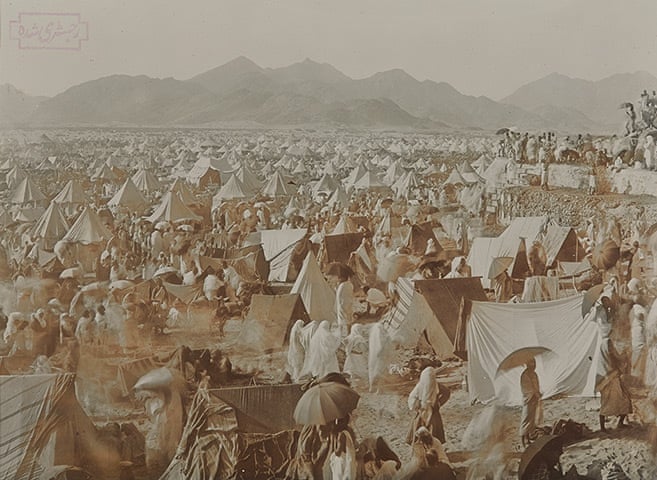
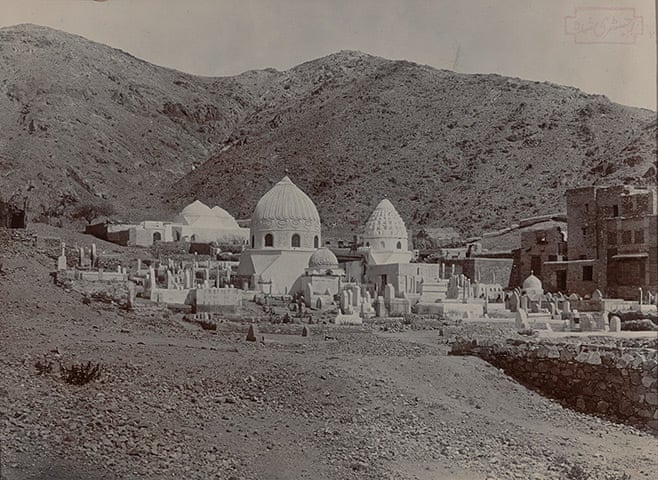
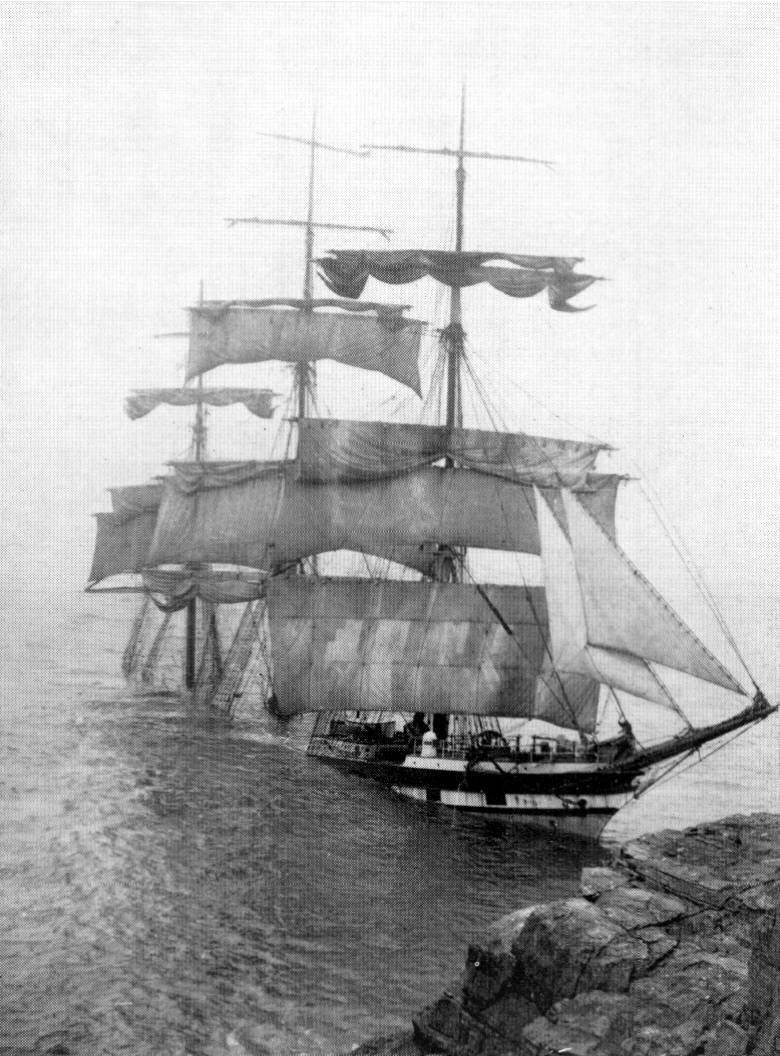
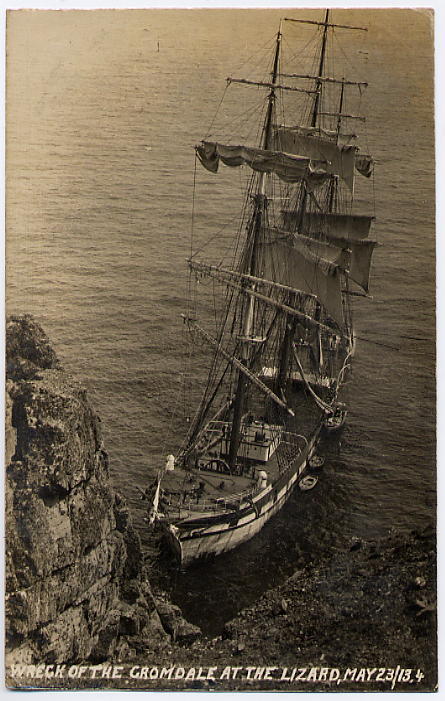










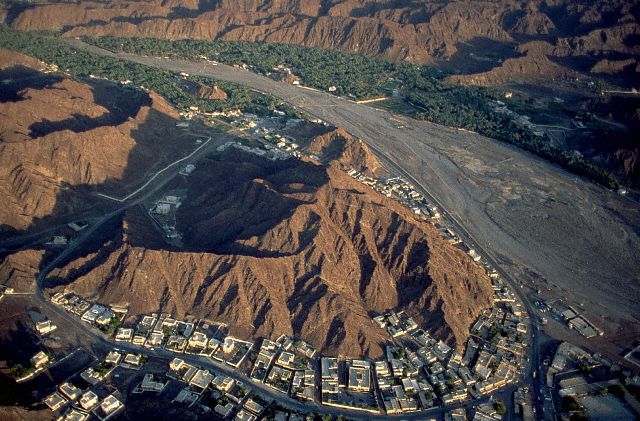


.jpg)